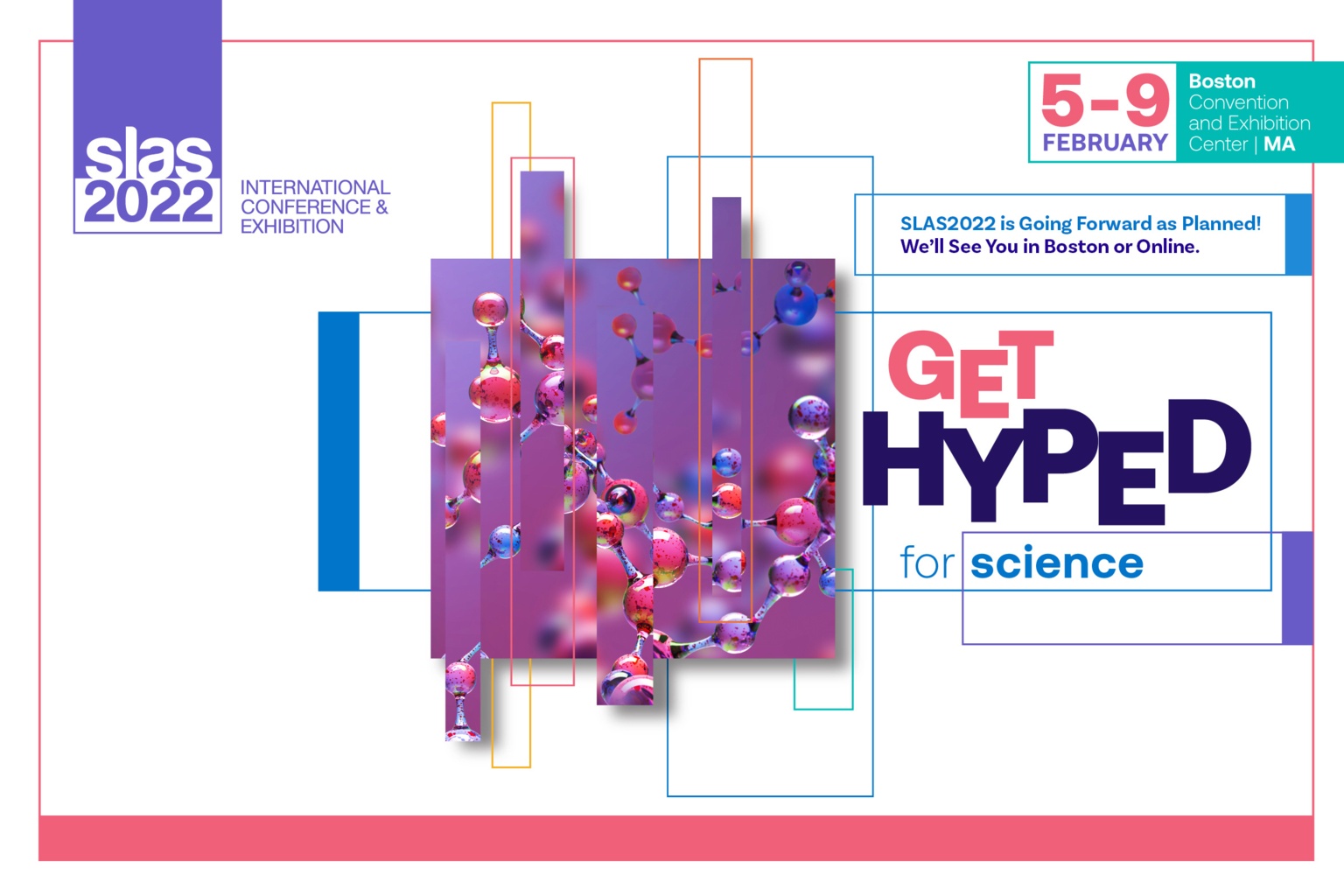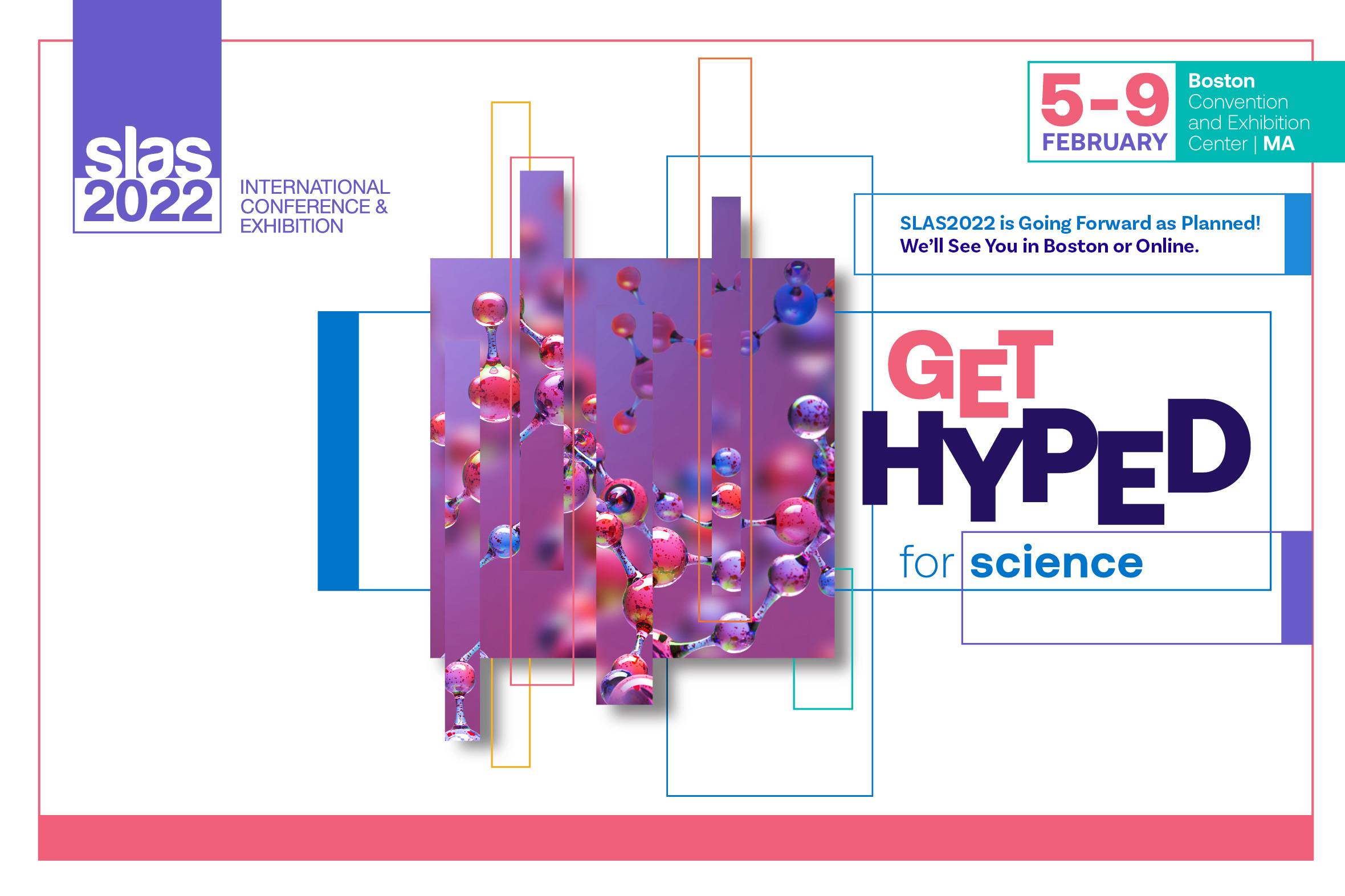This full-day workshop will cover a broad range of critical concepts underlying assay development and implementation for high-throughput screening (HTS) and lead discovery projects. Many of the methodologies successfully implemented in such projects have established a good deal of “tribal knowledge” within the pharmaceutical industry which is not readily found in a classroom or the literature. This tribal knowledge, developed over decades, has been transferred into detailed chapters within the Assay Guidance Manual to facilitate reproducible and robust assays that can identify the most promising compounds for the development of molecular probes or clinical candidates. The workshop will provide participants with a broad, practical perspective on assay development so that they can (1) improve research projects involving drug discovery and know where to find further information (2) identify reagents, methods and instrumentation that are well suited to robust assays and (3) develop robust assays and the required counter and secondary assays for targets of interest.
Who Should Attend?
- Individuals involved in bioassay development for drug discovery and development
- Academic, industrial and government laboratory scientists who are planning or beginning to develop test methods for high- or low-throughput screening that are amenable to automation using appropriate statistical and operational concepts
- Early-career researchers and experienced investigators who wish to learn about the latest assay concepts for HTS and lead optimization
Course Benefits
- Improve research projects involving drug discovery and know where to find further information.
- Identify reagents, methods and instrumentation that are well suited to robust assays.
- Acquire the skills to be able to develop robust assays and counter assays for new targets.
- Seek practical advice about individual research challenges.
Course Objectives
- Gain an overview of the Assay Guidance Manual e-book as an important resource for detailed information about robust assay methods and best practices in quantitative biology.
- Learn practical approaches for developing robust assays for biochemical, cell-based and high-content screening as well as the selection and development of optimal assay reagents.
- Gain an overview of sources of assay artifacts and strategies to identify artifacts through the development and implementation of counter assays.
- Participate in discussions of important statistical and data analysis concepts with an emphasis on using these concepts to collect the best possible data and make go/no go decisions based on experimental results
- Share experiences and seek practical advice about individual research concerns.

